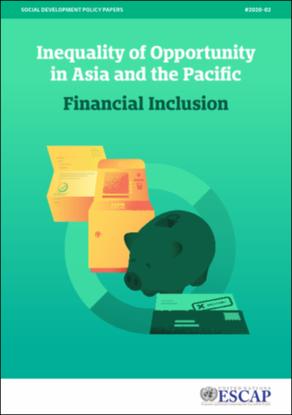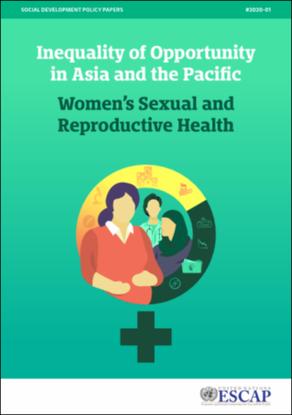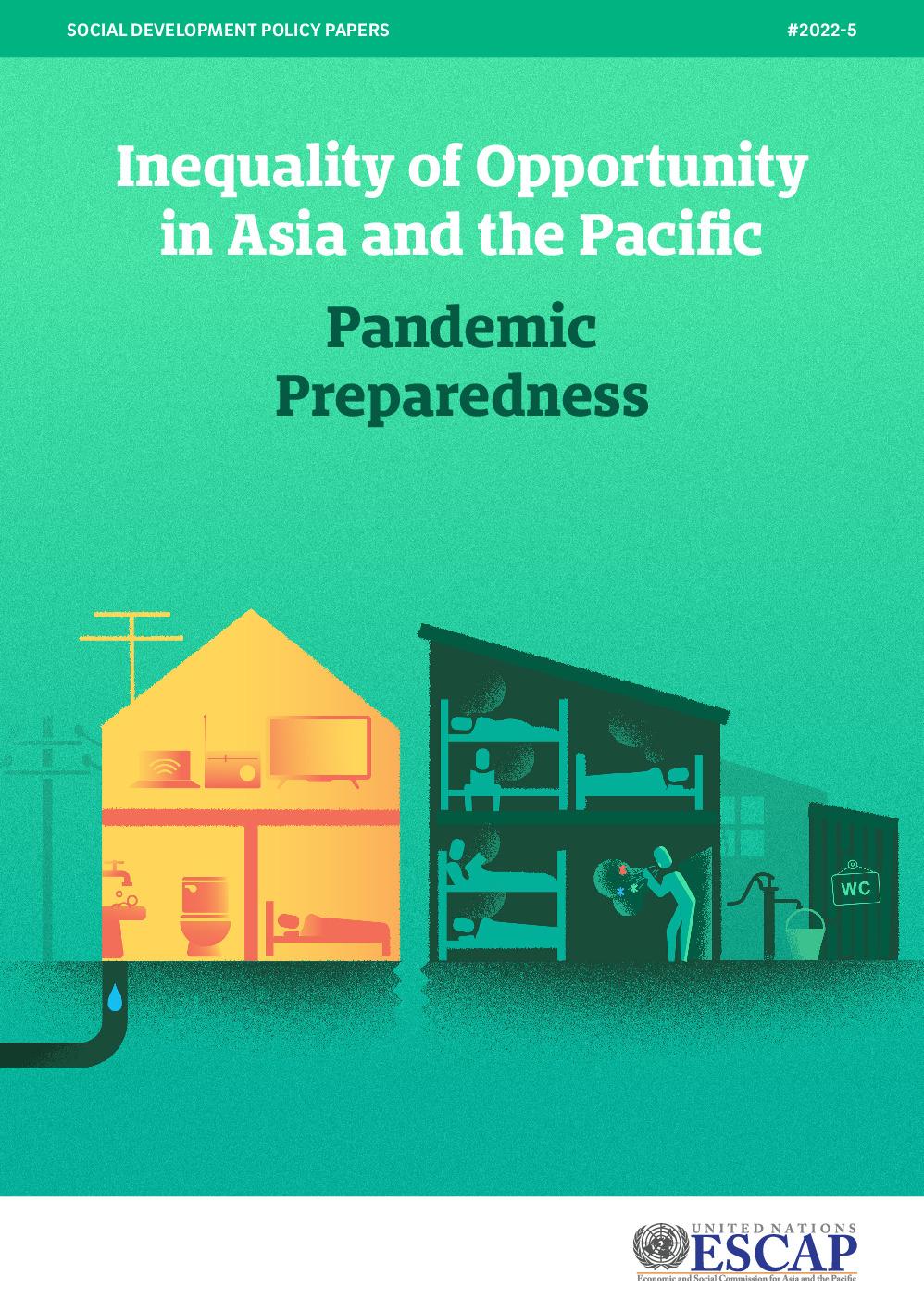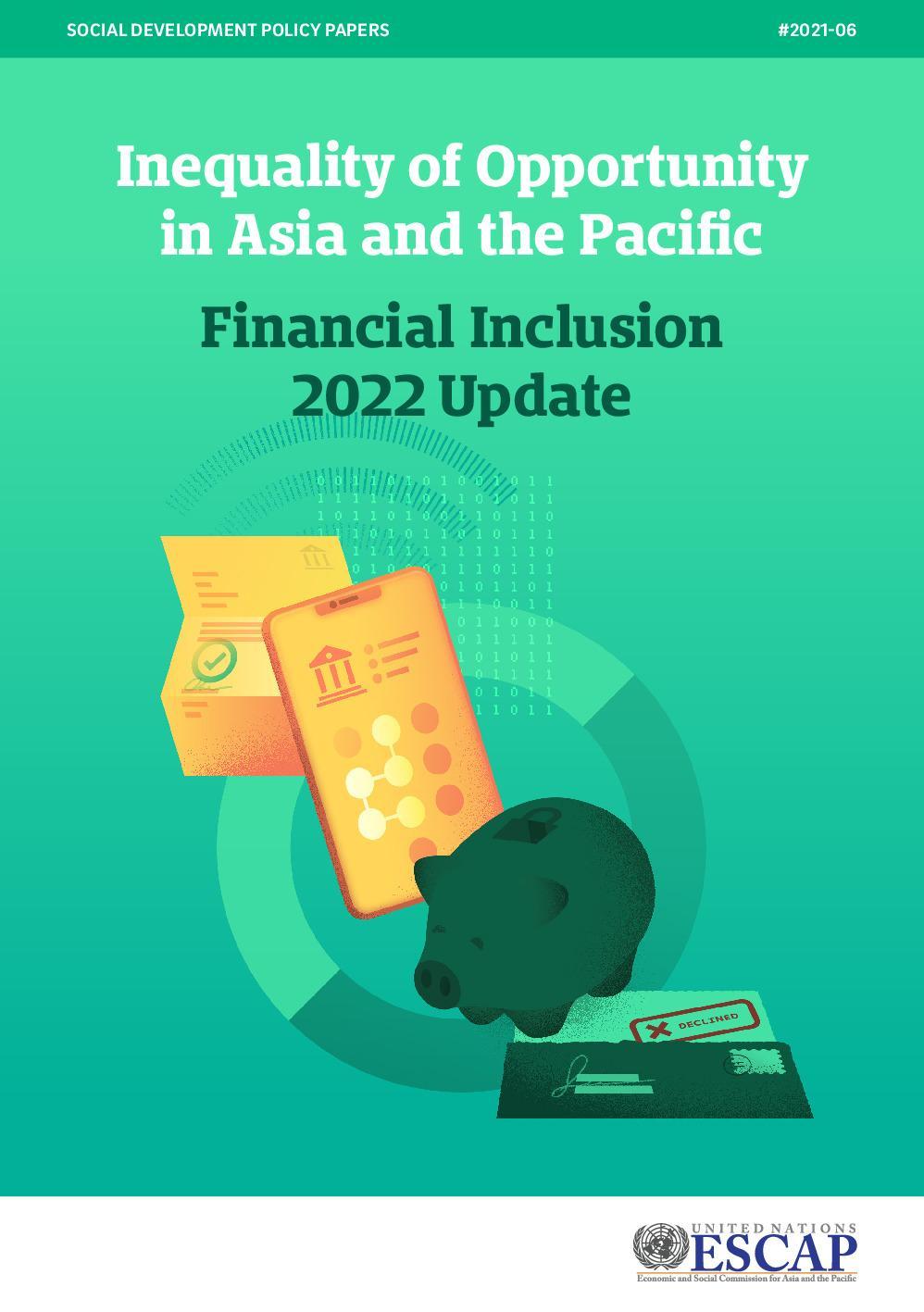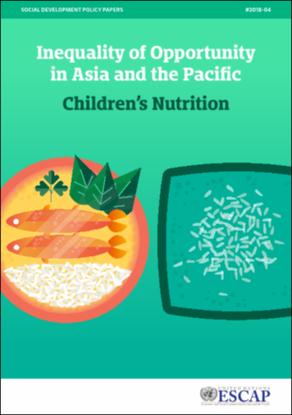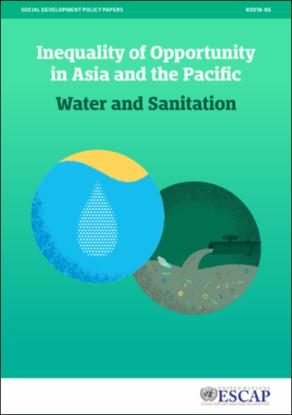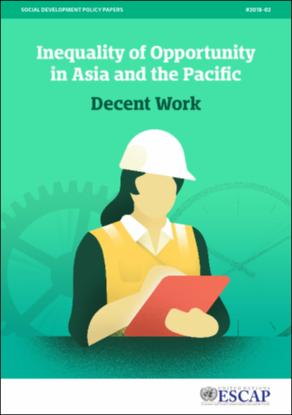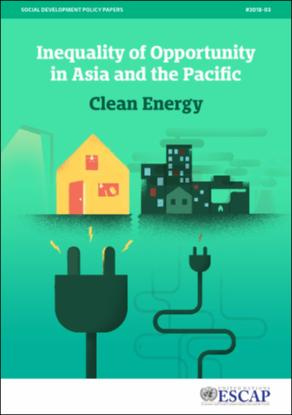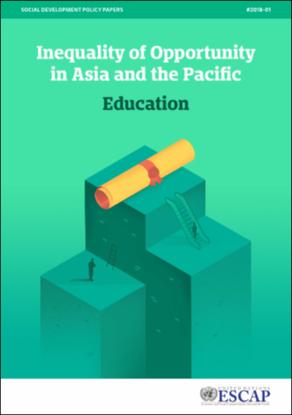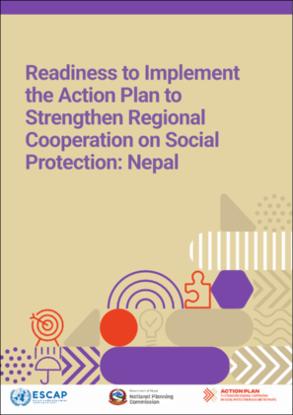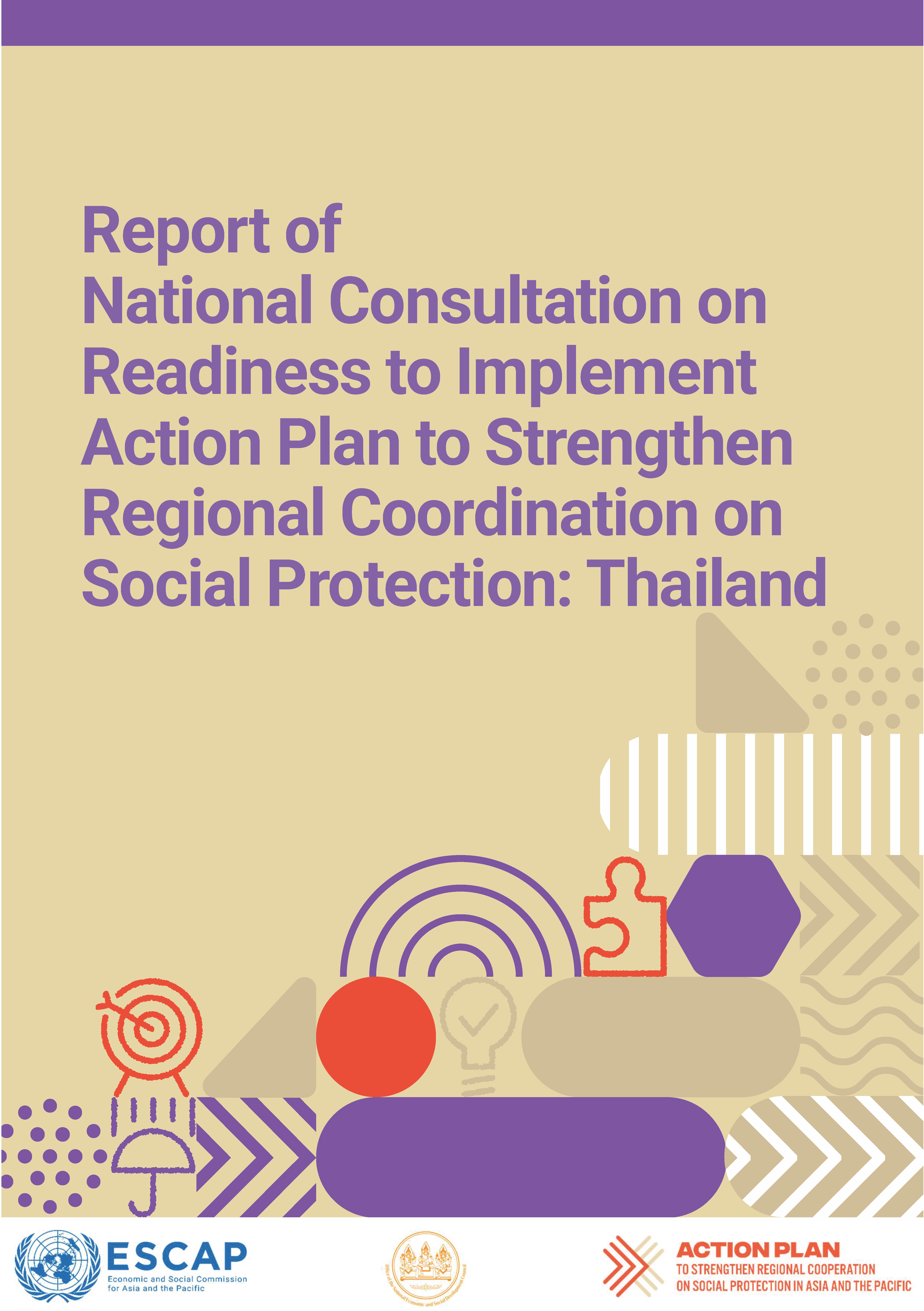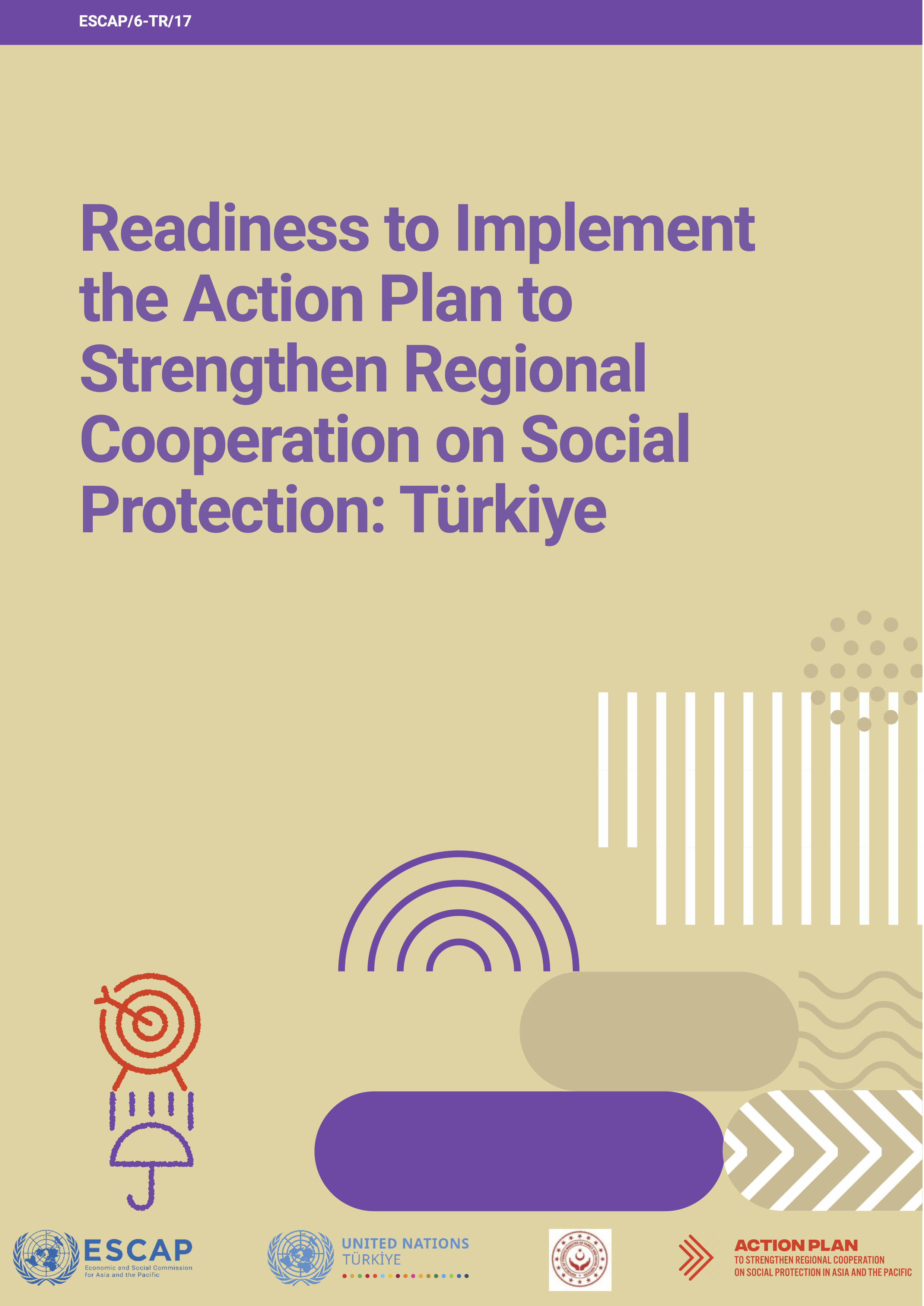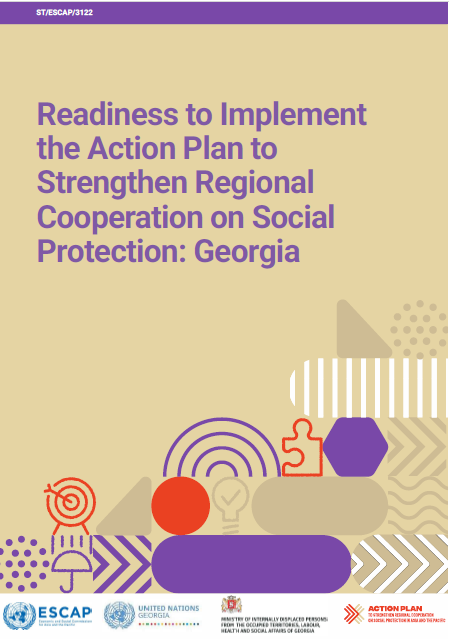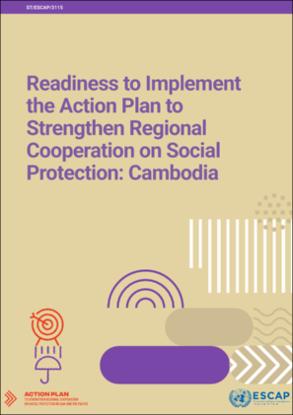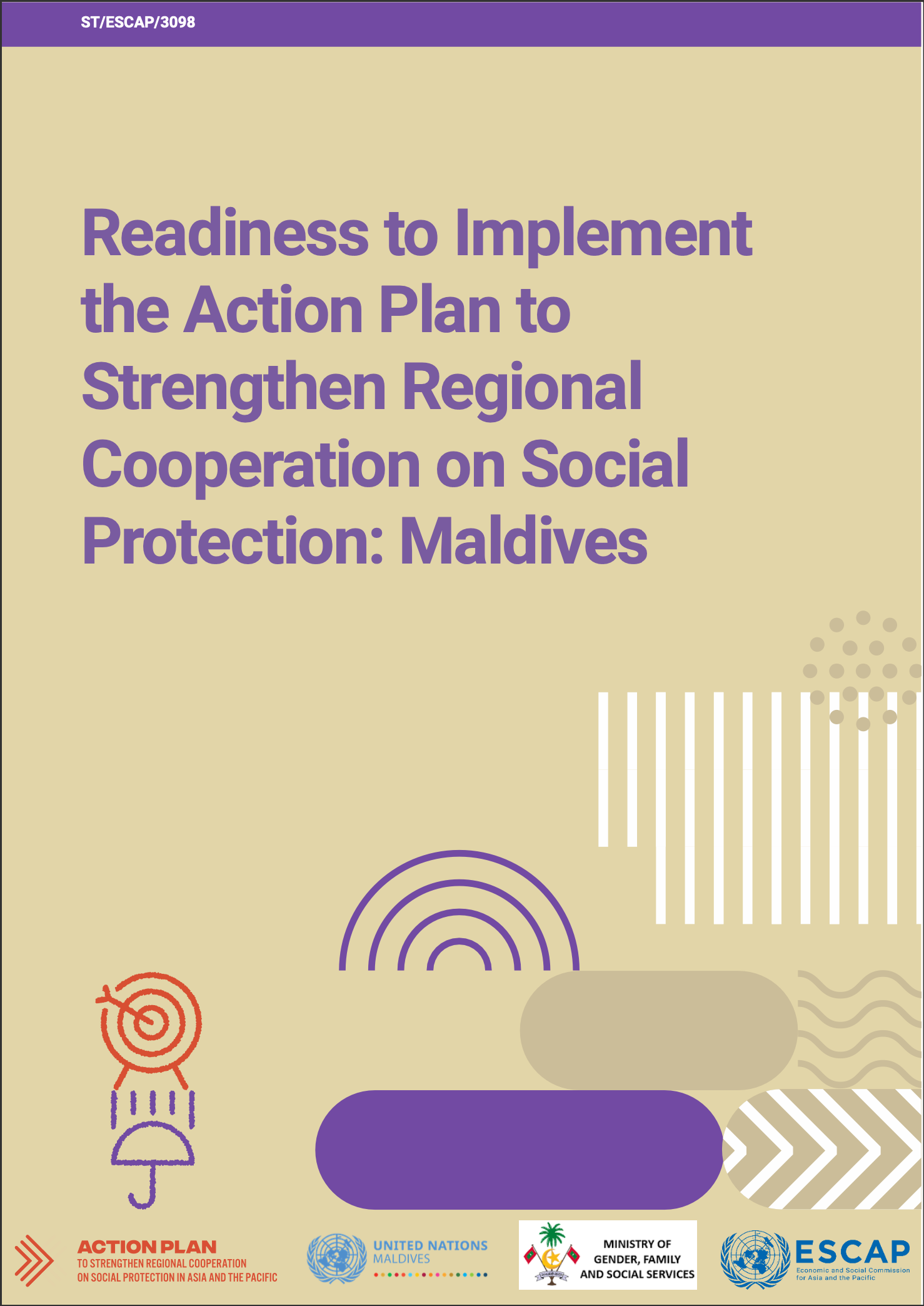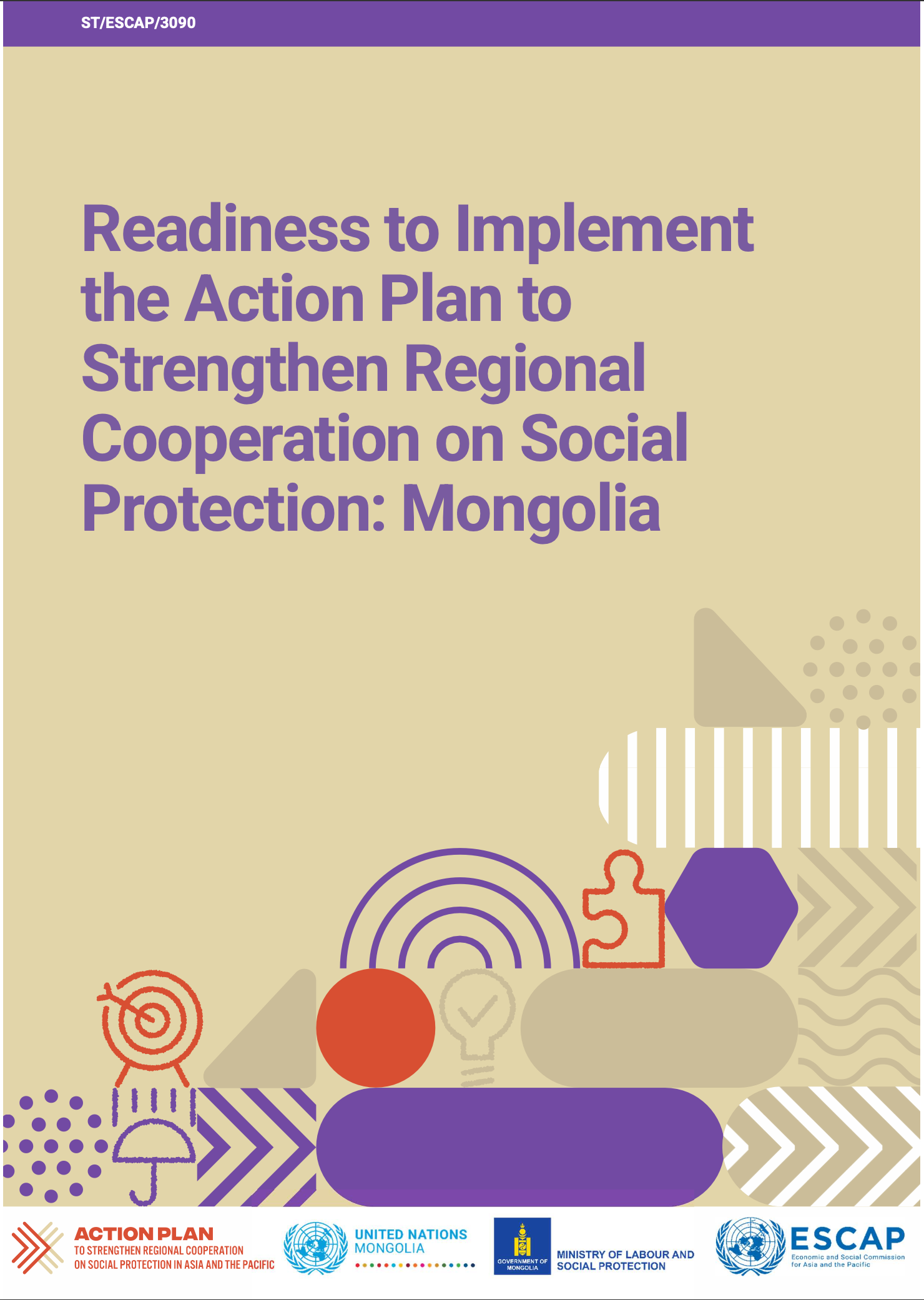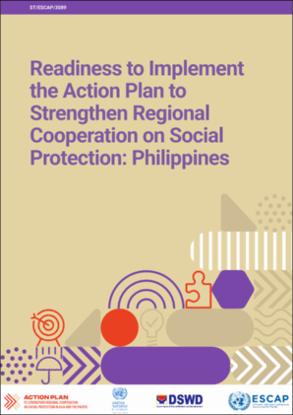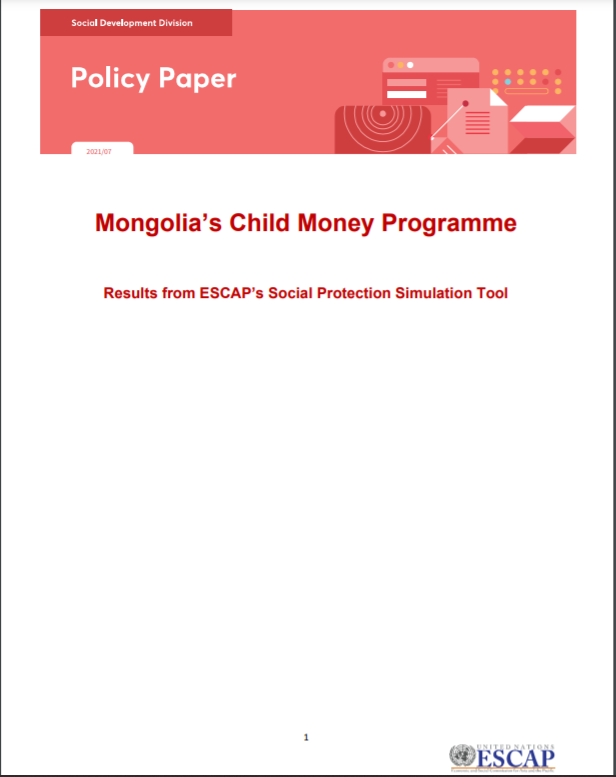Women's sexual and reproductive health : inequality of opportunity in Asia and the Pacific
The sixth in the series of policy papers on Inequality of Opportunity in Asia and the Pacific (following Education, Decent Work, Clean Energy, Child Nutrition, and Water and Sanitation), this paper uses innovative methods to identify the “furthest behind” in women’s and girls’ access to sexual and reproductive health services. It specifically explores gaps in access to skilled birth attendance and in the use of modern contraceptive methods, highlighting the importance of leaving no one behind, as pledged in the 2030 Agenda.
